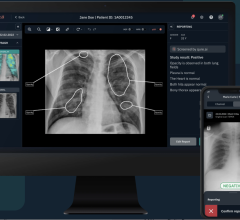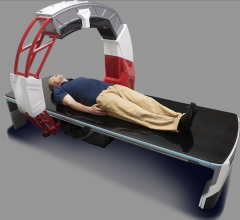December 22, 2008 - MITA also applauded the renewed focus on health reform in Congress and the administration.
"Medical imaging, and specifically its critical role in disease prevention, early detection, diagnosis and treatment, is central to achieving this important goal," said the MITA representatives in a public statement. "Medical imaging has changed the face of health care delivery. From detecting a disease before it becomes deadly to avoiding invasive procedures, physicians and patients rely on the value of medical imaging every day. Medical imaging is not only integral to best practices and professional guidelines, but has reduced hospital stays, returned people to work more quickly, extended lives, and kept families together. These are just a handful of examples of the value and quality of care that the medical imaging industry provides patients and their families."
MITA said, “We look forward to working with the Obama Administration and the 111th Congress to develop policies that make healthcare more accessible, enhance the quality of patient care, reduce inefficiencies and remove barriers to appropriate screenings and treatments.”
MITA supports healthcare reform policies that wil do the following:
- enhance value for all patients and healthcare providers;
- encourage prevention and wellness, including expanding access to recommended disease screenings and treatments;
- preserve the doctor-patient relationship to make healthcare decisions;
- guarantee patients timely access to the right scan at the right time, which is essential to reaping the value of recommended disease screenings and treatments;
- utilize accreditation and appropriateness criteria for advanced imaging services to ensure that facilities and physicians meet acceptable quality standards;
- harness health information technology to improve quality and reduce cost;
- encourage continued development of new innovative medical imaging technologies to help Americans live healthier lives and reduce their health care costs;
- utilize diagnostically appropriate comparative effectiveness research to improve the quality of healthcare.
For more information: www.medicalimaging.org


 August 09, 2024
August 09, 2024 








